A wave of change has started, and as a planet, we’ve made a conscious decision to try to clean things up a little. As travellers, we’re used to seeing some places of amazing natural beauty, but you’ve likely seen some of the opposite as well. Pollution, deforestation, oil spills, littering – there are many ways we’re damaging the environment. You’re probably doing many things, large and small, at home to help, so what can you do when you’re away?
Sustainable tourism or green travel is the idea that we can also be making a positive impact when travelling. It refers to practices that aim to be responsible in terms of environmental, social and economic sustainability.
There are lots of ways to help our planet when travelling, here are some suggestions to help you do your part.
Before leaving home
A few little tricks can help you to save electricity (and money!) while your home is empty. It’s not viable to switch the whole house down at the mains but there are spots where you can limit the power consumption while you’re away. A little bit of organization can also help with the waste created on your travels.
Pack light
This will not only help you carry your bags but uses less fuel on each mode of transportation you take
Bring a water bottle and grocery bag
Having your own reusable water bottle and grocery bag means less waste is used by you while you’re away
Unbox and recycle before you leave home
If you purchase any new items to take with you, take them out of the packaging and recycle the materials at home. If you unbox them while you’re away you may struggle to find recycling bins and just put the packaging into waste rubbish
Turn off and unplug
Small amounts of electricity go into appliances when the powerpoint is left on, even when the item is off. Some will even leach power when the powerpoint is switched off! If no-one’s going to be home, save electricity (helping your hip pocket & the environment) by unplugging electrical equipment before you go
Suspend paper deliveries
If you get the newspaper delivered, have the delivery cancelled for the duration of your trip, you’ll be saving trees and they won’t pile up on the doorstep letting people know you’re away
Turn off thermostat devices
An empty room doesn’t need to be heated or cooled, so switch off thermostat heating and cooling. A hot water service can also be set to save power while you’re away
Accommodation
Choosing the right place to stay and watching your behaviour as you would at home can make a huge difference. Going on a break doesn’t have to mean taking a break from good behaviour!
Choosing a green hotel
 Image: signatureluxurytravel.com
Image: signatureluxurytravel.com
When researching hotels, don’t just check the price and the customer reviews, check if they’re certified by bodies like Green Key or LEED as well. Different regions have different bodies, such as the Green Tourism Business Scheme in the UK and Green Globe and Rainforest Alliance in Latin America and the Caribbean
Stay away from a hotel
 For a different experience look into other accommodation options, like camping, share accommodation or staying with family or friends
For a different experience look into other accommodation options, like camping, share accommodation or staying with family or friends
Stay longer in each destination
Staying longer in one destination instead of moving every few days will generate less waste
Switch off lights & appliances
It seems pretty basic, but make sure you switch off lights and appliances like the TV if you’re going out of your hotel room
Don’t waste water
Water-saving tips are commonly used around Australia, so why not use them when you’re away as well? Taking shorter showers and turning off the tap when brushing your teeth are simple but effective ways to save water
Wash your own clothes
Hotel laundries will generally wash each room’s laundry separately, even if it’s only a few items. Washing your own clothes or sending a whole load at once will save water and electricity
Opt-out of daily cleaning
By only getting your room cleaned every couple of days, instead of daily, you’re helping to save electricity as well as water and the use of chemicals each day
Take leftover soap, shampoo and toothpaste with you
If toiletry items are left in your room after your stay, they usually get thrown away. Take them with you to use in your next location
Encourage green behaviours
Couldn’t find a green hotel in the destination you’re going? Ask a few questions or make suggestions to the staff or management about ways they can make their hotel more sustainable in the future
Exploring new places
There’s lots to see and do when you’re in a new place. You’ll inevitably buy something while you’re away. This is another time that you can help the local community and protect the environment.
Buy local
 Need a morning coffee or going out for brunch? Skip the big chains and buy from a local café. The same goes for buying souvenirs, skip the cheap plasticy items and find something authentic that will support local makers (just be aware of the materials you’re trying to bring back into the country!)
Need a morning coffee or going out for brunch? Skip the big chains and buy from a local café. The same goes for buying souvenirs, skip the cheap plasticy items and find something authentic that will support local makers (just be aware of the materials you’re trying to bring back into the country!)
Reward good practices
See behaviours you like? Choose to eat or shop there. See behaviours you don’t like? Speak with your money and take it somewhere else. Whether it’s someone kicking a dog in the street or the way they speak to their staff, stocking souvenirs made from endangered species or clearly polluting the environment, buying from someone who undertakes these practices is saying that you approve of what they’re doing. A polite word to explain why you’re not interested may help them change their behaviours
Bring along your shopping bag
As at home, unnecessary plastic waste is generated by single-use plastic bags. Bring along your shopping bag to help reduce this waste
Walk, bike or public transport
 Where possible, avoid the taxis and make your own way on more energy-efficient transport
Where possible, avoid the taxis and make your own way on more energy-efficient transport
Return maps and brochures
Once you’re finished with them, return maps and brochures so that they can be used again
Protect the wildlife
 Getting away from cities and enjoying nature can be one of the highlights of travelling. Lessen your negative impact on the environment by following these tips.
Getting away from cities and enjoying nature can be one of the highlights of travelling. Lessen your negative impact on the environment by following these tips.
Stick to tracks and trails
When you’re hiking, sticking to marked tracks and trails will avoid harming native flora and fauna
Pick up litter
Bring a bag and pick up litter, yours and any you find along the way, to help make a difference
Never touch wildlife
They may appear friendly, but wild animals should be kept away from human interaction as it encourages this behaviour, and while you may be friendly, the next person may not be. If the animal isn’t as friendly as you think and it bites you, it will often be put down
Don’t feed the animals
Feeding the wildlife is bad for them and teaches the animals to rely on humans, which is not in their best interests. The food we eat can also be bad for them
Be careful where you stand
When you’re out in nature and there aren’t paths, be careful where you stand. Coral, for example, is particularly fragile and can be destroyed if you stand on it or touch it
Research your tour companies
As with hotels, there are environmentally conscious tour operators and there are ones who aren’t. Practices such as chumming the water to encourage fish for snorkelers and scuba divers, or provoking hippos endanger the animals and their ecosystems, just to try to give tourists a more exciting experience. Avoid companies who are damaging their environment for profit
Social responsibility
Travelling provides many opportunities for interacting with local people. Some of these are easy and some are more difficult. Responsible social interaction is another part of sustainable travel, so think about some ways that you can be positive in your social interactions.
Ask permission
If you want to take the photograph of someone, ask their permission. It may be offensive or upsetting to them to have their photo taken. Even if it’s not, it’s still the polite thing to do
Research local customs
When heading to a foreign country it always pays to do a little research beforehand. You can avoid committing a crime or offending people through a little research
Learn some of the language
Knowing how to say “please”, “thank you”, “hello” and “goodbye” are a great start
Find the right way to donate
Giving food or clothing to someone in need seems like a positive thing to do, but it can cause community unrest, such as jealousy and infighting, or reliance on tourists. Find charities that can help bring about sustainable change, such as through education or vocational training
There are so many ways that we can help to preserve our planet, we’d love to hear what you do to help protect our environment on your travels. Leave your comments below to help encourage other travellers to do their part too.
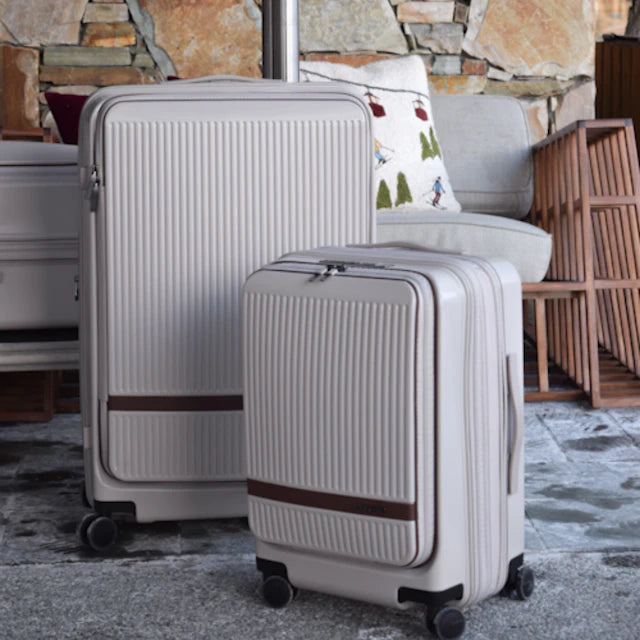
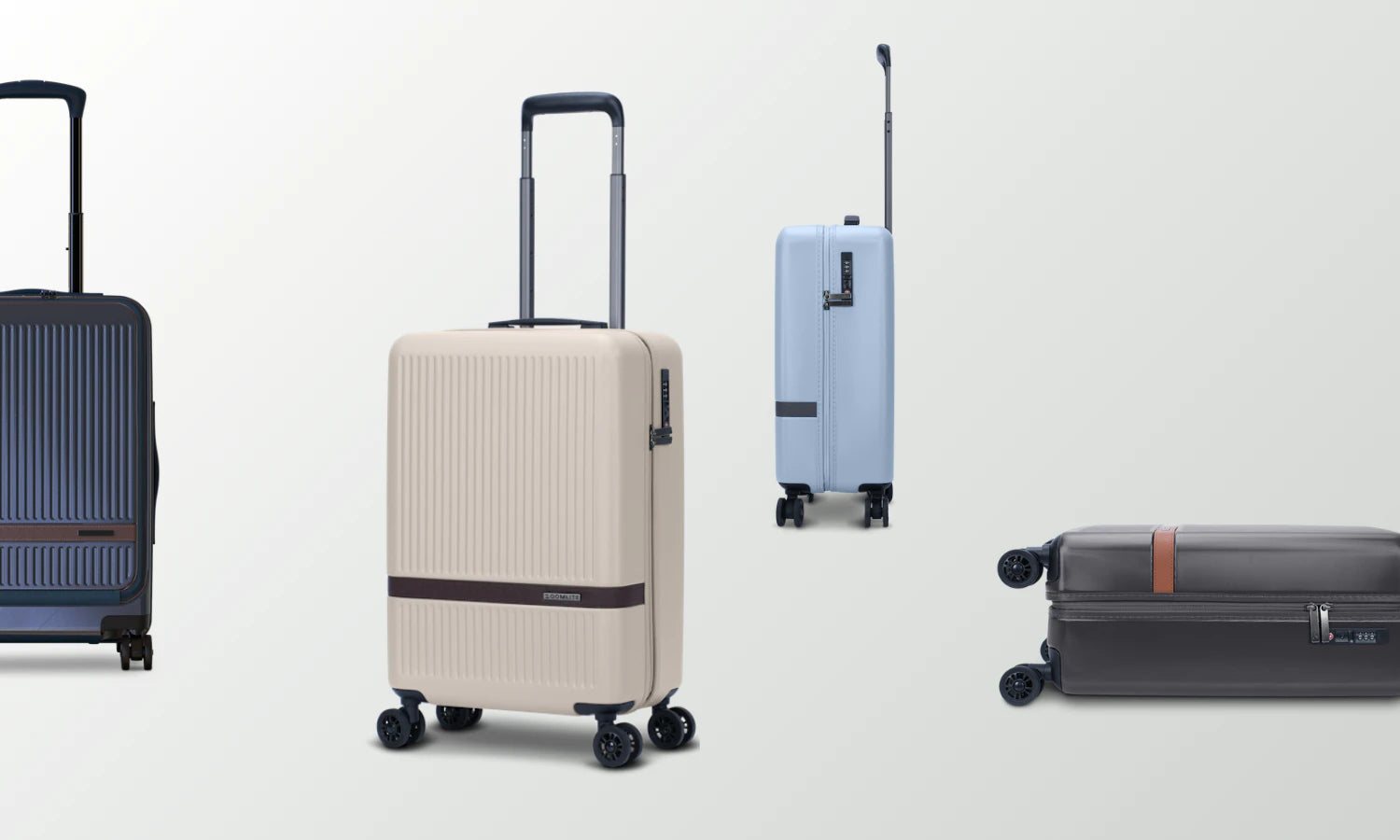
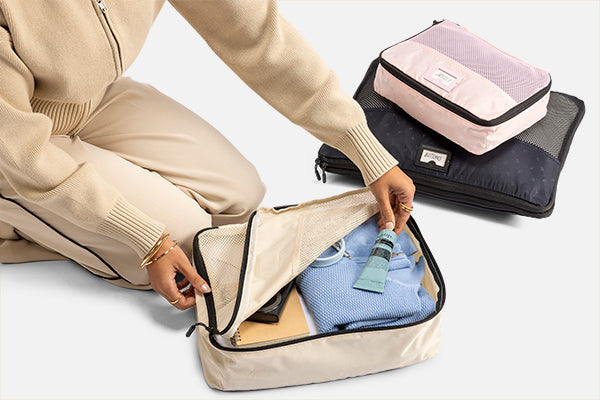
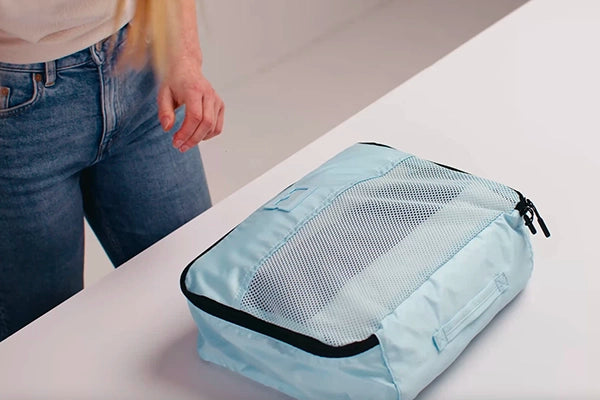
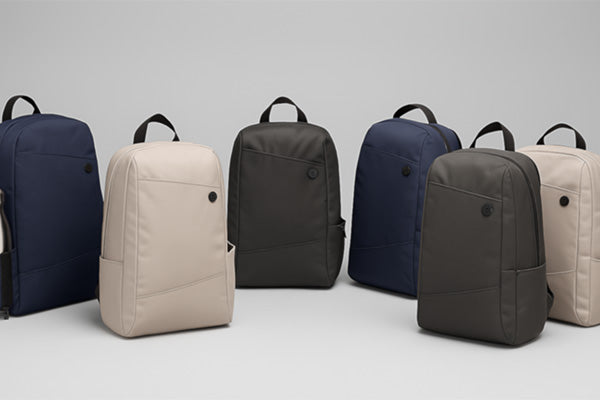
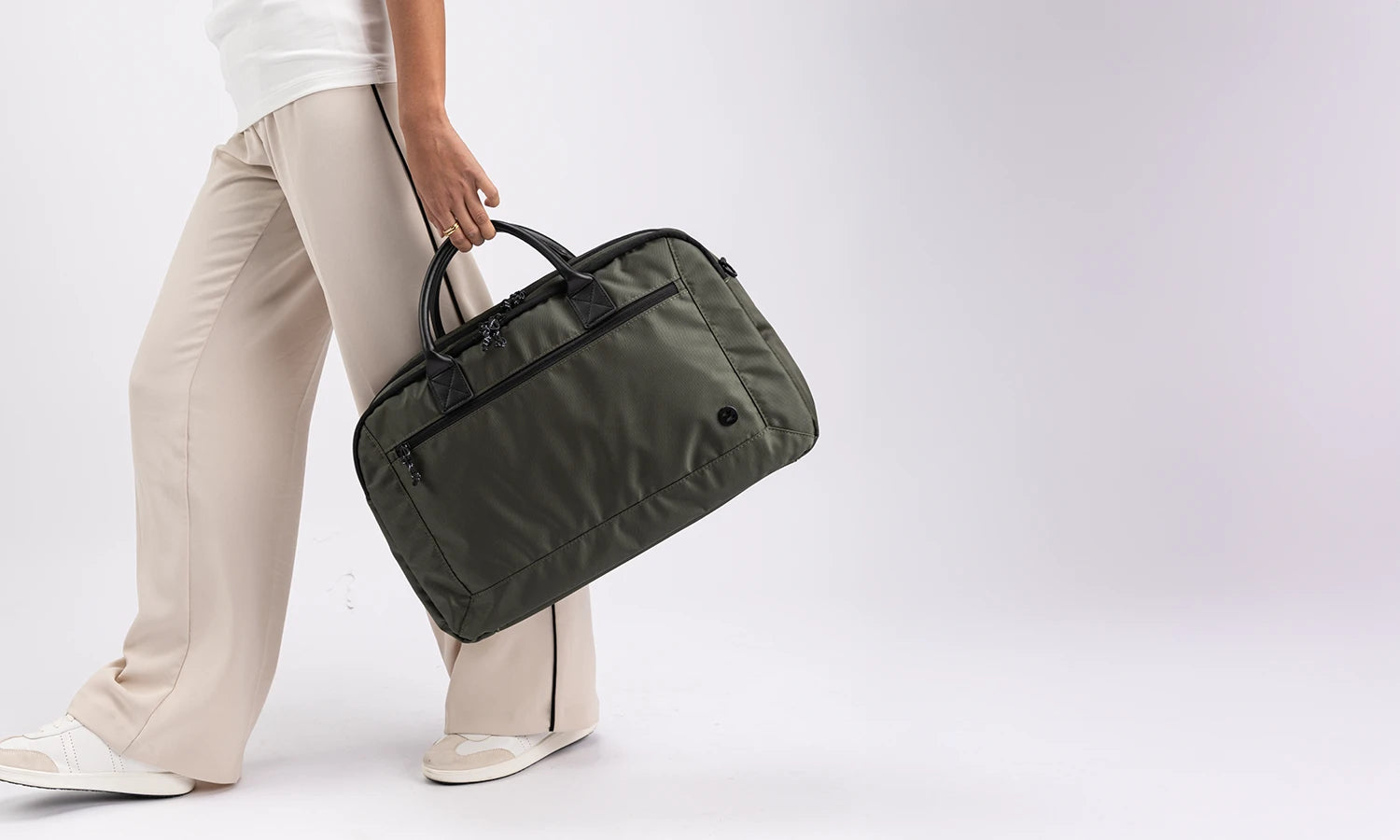
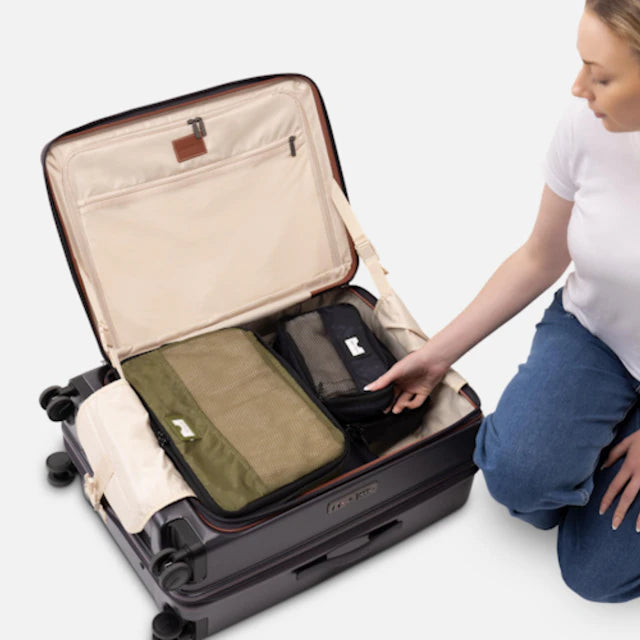


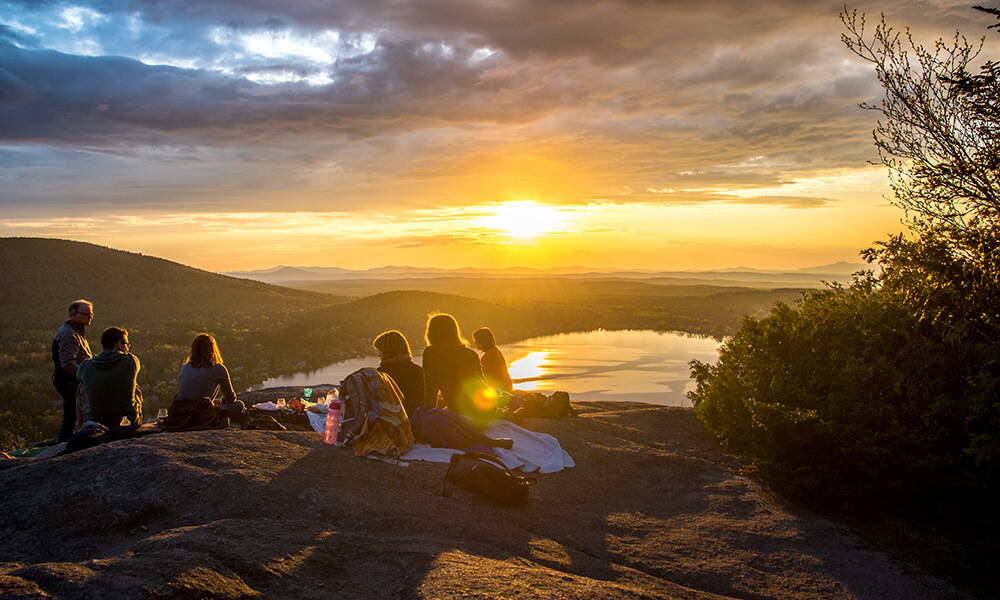




Leave a comment